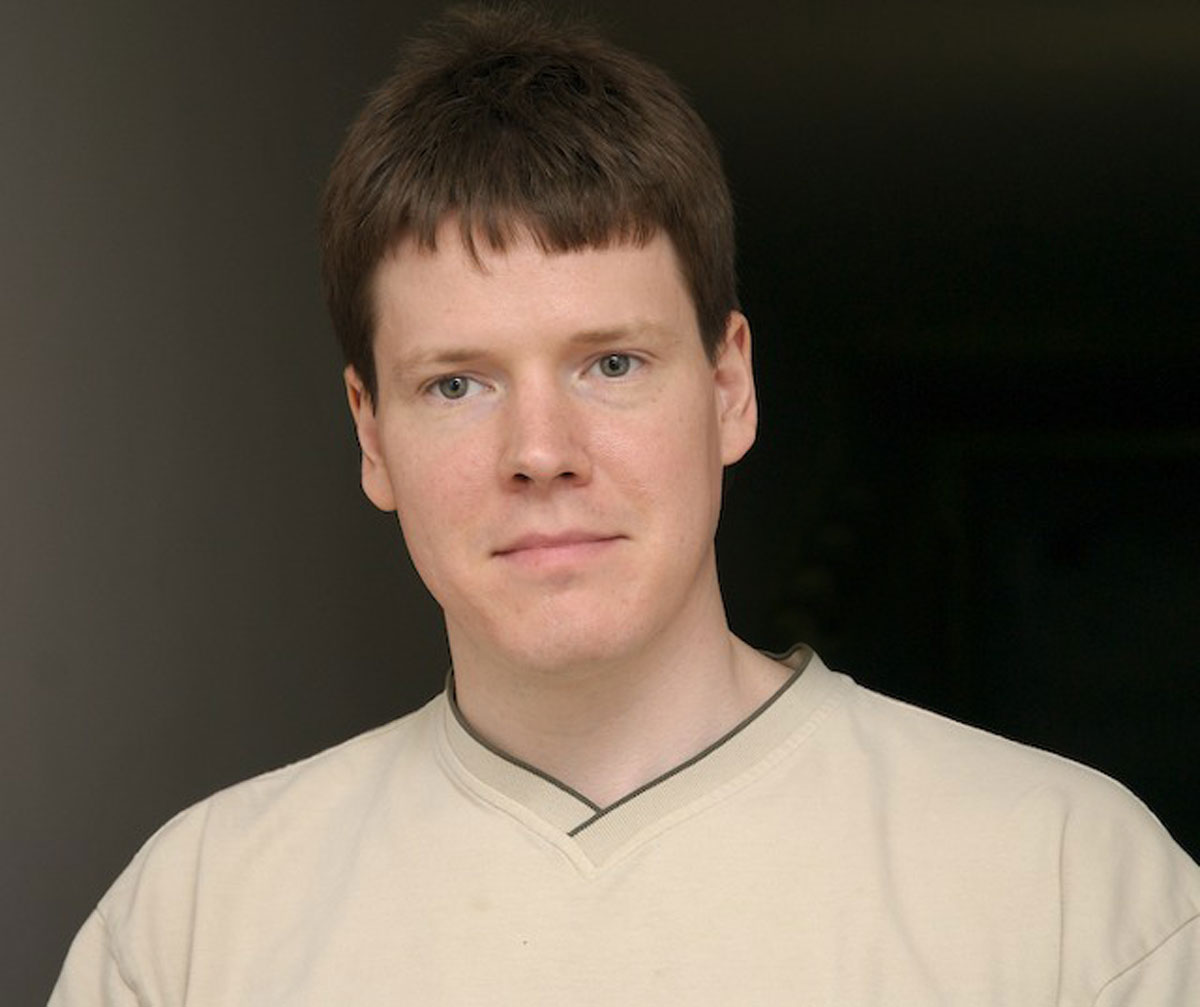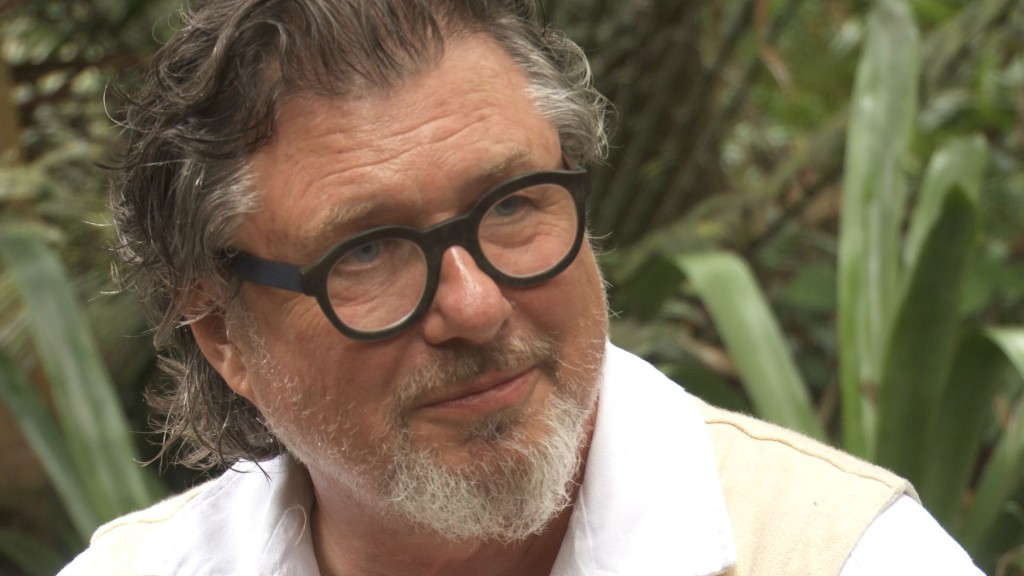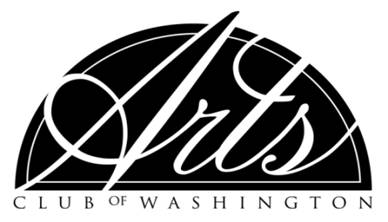2015 Freedom Plow Award for Poetry & Activism
Awarded to: Mark Nowak, for his work facilitating "poetry dialogues" among workers around the world.

Thursday, April 2, 2015, 6-9pm
Arts Club of Washington
2017 I Street, NW
Washington, DC 20006
Reception * Awards Ceremony * Reading
With special performances by the DC Youth Slam Team
Cosponsored by the Arts Club of Washington and FOLIO Magazine
The Freedom Plow Award for Poetry & Activism, sponsored by the CrossCurrents Foundation, recognizes and honors a poet who is doing innovative and transformative work at the intersection of poetry and social change. The award, judged this year by Sheila Black, Martha Collins, and E. Ethelbert Miller, was given for the second time in 2015.
Finalists for the award were Black Poets Speak Out/Amanda Johnston, Mahogany Browne, Jonterri Gadson, for mobilizing poets to stand against police brutality; John Lee Clark, for his translation of ASL poetry and advocacy for poets with disabilities; and Bob Holman, for his work documenting at-risk languages. More information about the finalists are available below.
Mark Nowak is a poet, essayist, playwright, cultural critic, and the author of three poetry collections, including Coal Mountain Elementary (Coffee House Press, 2009) and Shut Up Shut Down (Coffee House Press, 2004), a New York Times Editor's Choice. He is the editor of Then and Now: Theodore Enslin's Selected Poems, 1943-1993 (National Poetry Foundation, 1999). He was a Featured Poet at the 2010 Split This Rock Poetry Festival. Since 1999 he has been the editor of Xcp: Cross-Cultural Poetics, and currently directs the MFA program at Manhattanville College in Purchase, NY.
Nowak has long been an advocate for a role for poetry that, in his words, "addresses, engages, and critiques the policies and practices of American empire, neoliberalism, and globalization." Nowak facilitates and encourages the writing and sharing of poems among individuals separated by national borders through "poetry dialogues." His emphasis on workers' solidarity despite separation by national borders subverts multi-national companies' strategy of preventing workers in one country from making common cause with their counterparts in another, thus resisting class warfare at a global level.
Finalists
Black Poets Speak Out/Mahogany Browne, Jonterri Gadson, Amanda Johnston, for mobilizing poets to stand against police brutality.

What started as a conversation between Cave Canem fellows Amanda Johnston, Mahogany L. Browne, Jonterri Gadson, and Sherina Rodriguez-Sharpe, Black Poets Speak Out (BPSO) is a poetry collective and movement that began as a hashtag video campaign housed on Tumblr, featuring hundreds of videos from Black poets reading in response to the November 24 grand jury decision not to indict Darren Wilson, the police officer who murdered Michael Brown.
The project's purpose "is to centralize in one space hundreds of poems, songs, prayers, and testimonies speaking on behalf of black mothers, black fathers, black brothers and sisters -- thousands of voices insisting on justice. BPSO videos are a collective outcry for our black lives."
The movement lives through several ongoing phases: 1) Black poets create and collectively house poetry videos with the mantra "I am a black poet who will not remain silent while this nation murders black people. I have a right to be angry;" 2) serve as an off-line literary protest where poets and members of the community can safely gather and share information for marching, understanding and healing; 3) tie the power of the poetic voice to civic engagement through a unique letter writing campaign, where poets and allies submit letters and poetry videos to their elected officials. The letters call for immediate action against police violence and present solutions to the President, Vice President, and Attorney General by organizers across the nation. 4) Lesson plans - available at www.poetrysociety.org.
Black Poets Speak Out uses the force of art to transform policy.
Read our interview with Mahogany about her work with Black Poets Speak Out.
John Lee Clark, for his translation of ASL poetry and advocacy for poets with disabilities.

Photo by: Louis Miranda
John Lee Clark is a second-generation DeafBlind man, poet, and educator. Even before leaving Gallaudet, Clark and his then-fiancee, now wife, envisioned a literary magazine "of the signing community," and decided to name it The Tactile Mind. Its first 100-page, perfect-bound issue came out in the winter of 2000-2001. The venture quickly grew into a small press that published books and produced DVDs of ASL storytelling and poetry. John also began to place his own poetry in increasingly prestigious journals and to win grants and fellowships. Adrean’s career in comics was also taking off. After the arrival of three boys, however, the couple’s energies were spread too thin to do The Tactile Mind Press justice. It closed in 2007. Soon after, one of its leading authors, Raymond Luczak, set up Handtype Press and reversed roles with John by publishing his chapbook of poems, Suddenly Slow. In 2009, Gallaudet University Press published his scholarly anthology Deaf American Poetry, which one reviewer called “a flagship contribution to American poetry.” In 2013, Handtype Press published his anthology of contemporary signing community fiction, poetry, and nonfiction, Deaf Lit Extravaganza.
The diverse publications John’s work has appeared in include The Chronicle of Higher Education, McSweeney’s, Pif, Poetry, The Minneapolis Star Tribune, The Seneca Review, and Sign Language Studies. He was one of the featured writers at the Deaf Way II International Cultural Arts Festival. Some of the anthologies he has been in are Beauty Is a Verb: The New Poetry of Disability, Deaf American Prose, and Saint Paul Almanac. A collection of essays is forthcoming and his first full-length collection of poems is seeking a publisher. He is currently at work on three other books.
When not writing, John is very active in several communities; among other things, he serves on the Commission of Deaf, DeafBlind, and Hard of Hearing Minnesotans. He is also a certified Braille instructor and a certified Pro-Tactile trainer. He is available for regular local lessons and for presentations, workshops, and readings anywhere. Read our interview with John about his work with ASL poetry.
Bob Holman, for his work documenting at-risk languages.

Bob Holman’s poetry has traversed genres, styles and media since the 1970’s, when he began directing Poets Theater productions at St. Marks Church. It was also at St. Mark's where Holman began his career as an arts administrator, serving at the Poetry Project as Coordinator, host, and workshop leader for six years, 1978-84. The first of Holman’s sixteen poetry collections, Tear To Open, was published by Power Mad Press in 1979. While serving as co-director of the Nuyorican Poets Cafe from 1988-96, Holman continued to explore the intersection of poetry and performance, originating and hosting the Cafe’s historic Poetry Slam series. Holman also co-edited Aloud: Voices from the Nuyorican Poets Cafe (MacMillan, 1994), an anthology of Nuyorican poetry.
Holman’s work in television began in 1987 when he became producer and host of WNYC-TV’s short film series Poetry Spots, for which he won Emmy Awards for Local Arts Programming and Editing in 1988 and 1992. From 1990-92, Holman produced and performed in Words in Your Face for PBS. Holman released his first long-form intersectional work in 1996, USOP, which won the 1996 International Public Television Award (INPUT).
In 2001, Holman founded the Bowery Poetry Club, which continues to play host to much of the programming from Bowery Arts and Science. Holman began his current work with the poetry of endangered languages while tracing the lineage of performance poetry to its root in orality and the world’s oral traditions—particularly those of West African griots—a quest captured in the 2010 LinkTV documentary film, “On the Road with Bob Holman.” While traveling from West Africa to Israel and the West Bank for “On the Road,” Holman became dedicated to protecting and preserving the world’s endangered languages. In 2010, he co-founded the Endangered Language Alliance, where he currently serves as co-director.
West African oral traditions play an influential role in Holman’s recent poetic work. Holman explored the griot tradition of praise poetry in his artistic collaboration with photographer Chuck Close in their 2006 publication, A Couple Ways of Doing Something, where Holman’s praise poems serve as concrete analogues to Close’s daguerreotype portraits. Sing This One Back To Me, Holman’s 2013 collection from Coffee House Press, builds on Holman’s transcription of poems sung to him by his friend and mentor, West African griot Papa Susso. Holman’s forthcoming collection, Unspoken, to be published in 2015 by Coffee House Press, also contains a section of praise poems in the oral tradition.
While the New York arts community remains a primary focus of his, Holman now shifts his lens to the global community of language. Filmed around the world, Language Matters takes viewers to a remote island off the Australian coast, where four hundred Aboriginal people speak ten distinct indigenous languages, all at risk; to Wales, where Welsh, once endangered, has recovered; and to Hawaii, where Hawaiians are fighting to save their native tongue. Read our interview with Bob about his work in language preservation.



